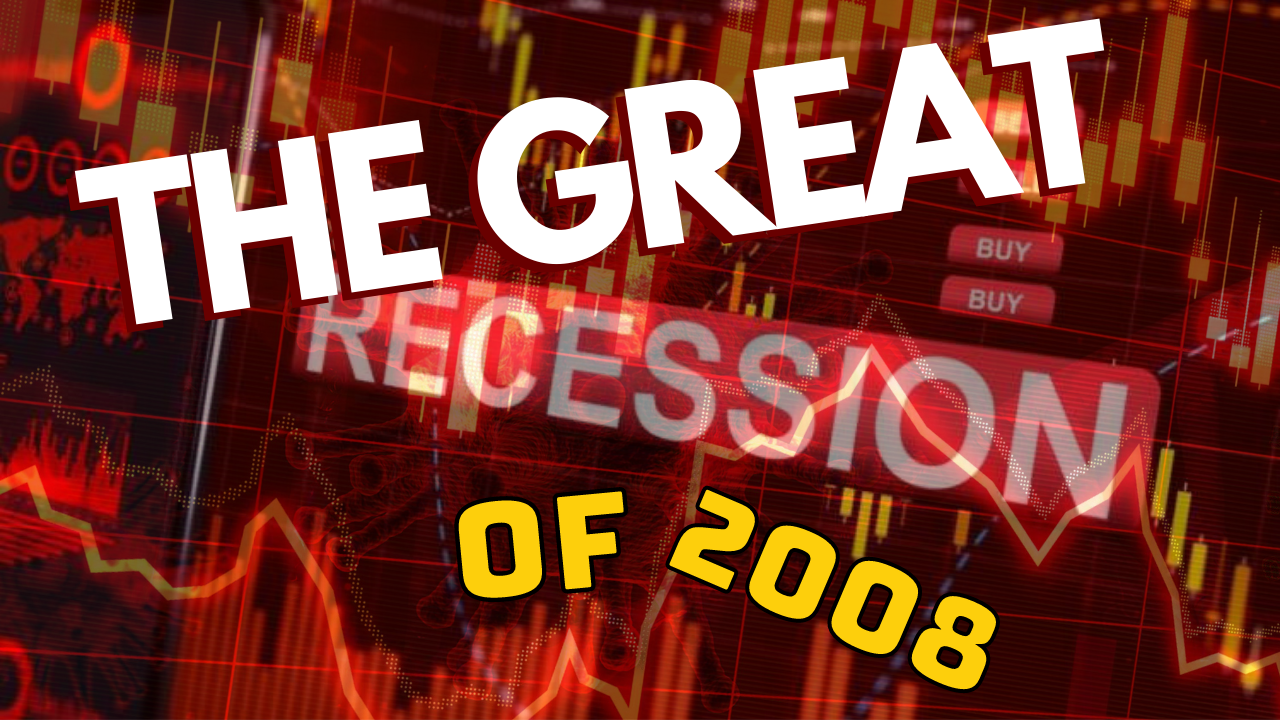The great recession of 2008
The Great Recession of 2008 was a global economic downturn that began in the United States and quickly spread to other parts of the world. It was the most severe economic crisis since the Great Depression of the 1930s and had far-reaching impacts on the global economy and individual lives.
The roots of the Great Recession can be traced back to the US housing market, which had experienced a significant boom in the early 2000s. Low-interest rates and lax lending standards had led to a surge in housing prices, and many people had taken on mortgages they could not afford. When the housing bubble burst in 2006, housing prices plummeted, and many people owed more on their mortgages than their homes were worth.
As the housing market collapsed, it triggered a chain reaction throughout the financial system. Banks and other financial institutions that had invested heavily in mortgage-backed securities saw their assets decline in value, leading to massive losses. The interconnectivity of the financial system meant that these losses quickly spread throughout the global economy, leading to a credit crunch and a severe recession.
The impact of the Great Recession was felt around the world. Unemployment rates soared, and many lost their homes and life savings. Governments and central banks took various measures to stabilize the economy, including massive stimulus spending and interest rate cuts. However, these efforts were unsuccessful, and the recovery was slow and uneven.
The Great Recession had lasting impacts on the global economy and individual lives. It led to a deep distrust of financial institutions and a desire for greater financial sector regulation. It also highlighted the importance of economic inequality and the need for policies addressing the needs of those most vulnerable in times of crisis.
In conclusion, the Great Recession of 2008 was a severe economic crisis that had far-reaching impacts on the global economy and individual lives. A collapse triggered it in the US housing market, but its impact was felt worldwide. At the same time, the economy has recovered in the years since the lessons of the Great Recession continue to inform economic policy and financial regulation today.



